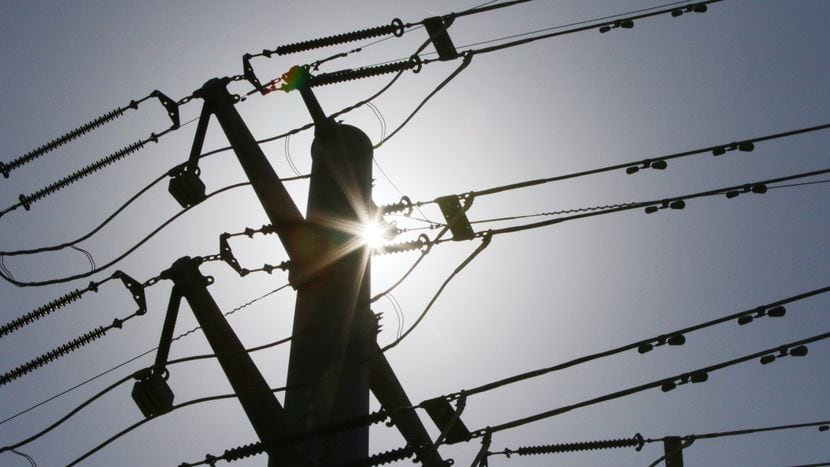
ERCOT, the organization that manages most of Texas’ electricity grid, is considering a new regulation that has sparked concerns among industrial companies. The proposed regulation would require large electric consumers to obtain ERCOT’s approval before connecting to the grid, something that industrial-scale users have never had to do before. Lobbyists argue that this regulation could hinder the state’s ability to attract large manufacturing and industrial employers.
Under the proposed regulation, any new facility that uses an average peak of 75 megawatts would need ERCOT’s approval before receiving electricity from Texas’ power grid. Smaller consumers using 25 megawatts would also need to provide more information about their operations. Additionally, ERCOT seeks the ability to regulate when and how large-scale users can turn power on and off.
While the regulation is months away from final approval, the industrial lobby is already pushing back against it. Texas Industrial Energy Consumers, a lobby group representing industrial interests, met with officials in the governor’s office and the Public Utility Commission to express their opposition to the regulation. Critics argue that this new regulatory hurdle is unprecedented in the U.S.
The regulation has emerged as ERCOT grapples with the surge of large data centers, particularly cryptocurrency mining facilities, onto Texas’ grid. These electricity-hungry facilities, which can go from concept to operation in a matter of months, have added complexity and volatility to the grid. The sudden loss or gain of a large load of electricity can strain the grid’s frequency and potentially lead to a catastrophic failure.
Proponents of the regulation argue that it is necessary to ensure grid reliability and address the unique challenges posed by cryptocurrency miners and data centers. ERCOT contends that the proposed regulation is similar to the studies utility companies already perform to determine if the infrastructure can support an industrial-scale user’s connection to the grid. Allowing ERCOT access to this information would give the state a comprehensive understanding of how electricity flows on Texas’ power lines.
Supporters point out that many cryptocurrency miners are willing to provide transparency into their operations and allow ERCOT to control when their facilities turn on and off in response to demand spikes. This flexibility in load management can help stabilize the grid and mitigate price fluctuations.
It is important to note that the proposed regulation would only apply to industrial-scale consumers seeking to connect to the grid within two years. It would not impact new major manufacturing plants or industrial sites that require a longer timeline to become operational.
ERCOT has been addressing the challenges posed by the influx of cryptocurrency miners and other data centers since 2021. The organization created a task force to examine the issue and has been working on finding solutions to ensure the grid’s reliability.
The regulation is still undergoing revisions by a workgroup composed of industry experts and will eventually head to ERCOT’s board for consideration before reaching the Public Utility Commission for final approval. As the process unfolds, the debate between industrial interests and proponents of grid reliability will continue, ultimately shaping the future of electricity consumption in Texas.






